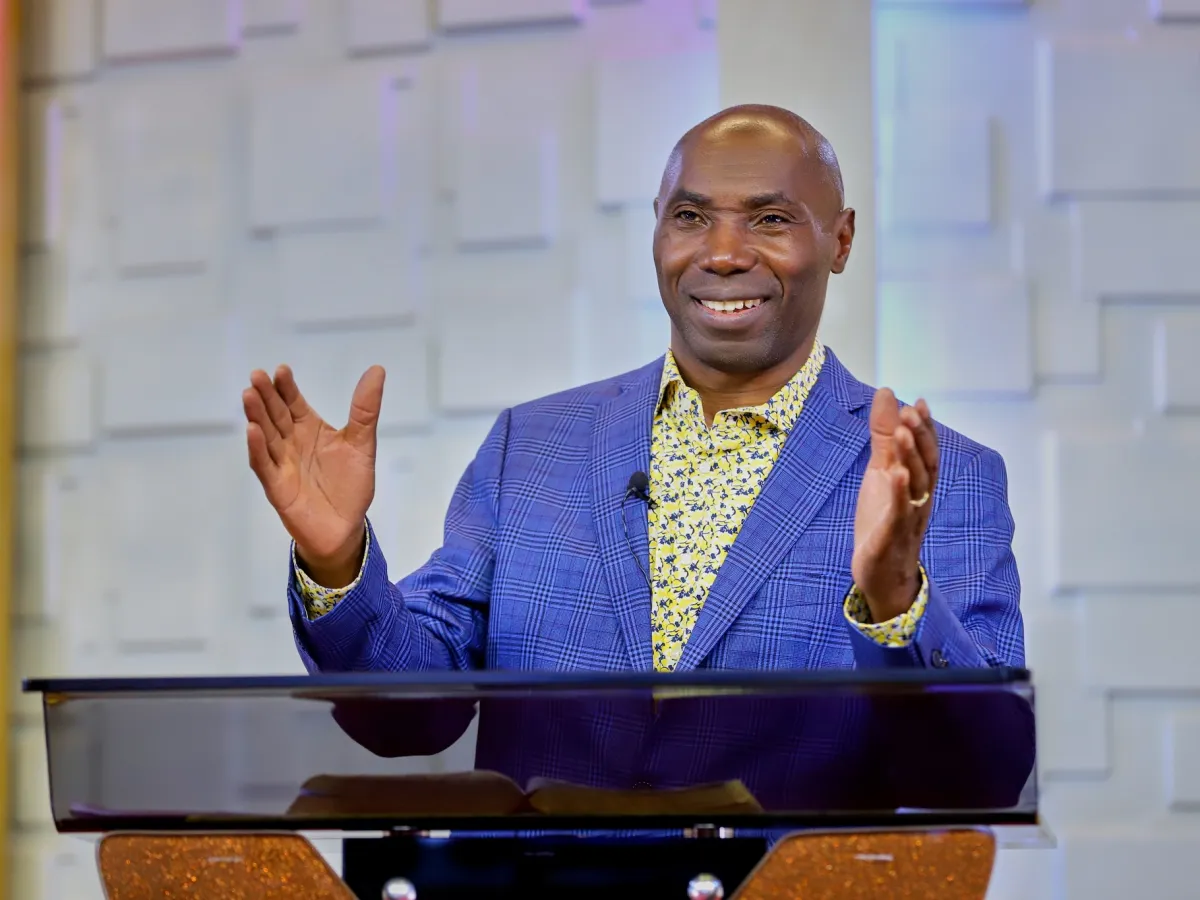KAMPALA — From a small congregation in central Uganda to a regional ministry drawing pilgrims from Kenya, Rwanda, and Tanzania, Prophet Samuel Kakande has become one of the most talked-about figures in East Africa’s fast-growing Pentecostal movement.
Known for his dramatic healing services, televised miracles, and entrepreneurial ventures, Kakande’s influence is spreading beyond Uganda’s borders — and so are the debates surrounding his methods and message.
From Carpenter to Prophet
Born and raised in central Uganda, Kakande began his working life as a carpenter before moving into full-time ministry. He rose to prominence in the early 2000s after taking over leadership of the Synagogue Church of All Nations in Kampala, originally linked to Ghanaian preacher John Obiri-Yeboah.
Under his stewardship, the ministry rebranded and expanded, ultimately becoming The Synagogue Church of All Nations–Mulago, and more recently, the Temple Mount Church of All Nations, a mega-structure officially inaugurated in December 2024 by President Yoweri Museveni.
That state-level recognition has elevated Kakande’s standing nationally — and caught the attention of worshippers across the region.
Miracles, Media, and a Regional Following
At his bustling Mulago church, thousands attend weekly prayer and “deliverance” sessions. Many arrive from neighboring countries — Kenya, Tanzania, Rwanda, even South Sudan — hoping for healing, prophecy, or spiritual breakthroughs.
Kakande’s ministry, broadcast via television, YouTube, and social media, blends charismatic preaching with messages of prosperity and divine intervention. His followers often testify to financial and health transformations, attributing them to his prayers.
Analysts say his success reflects a wider trend in East Africa’s Pentecostal landscape: dynamic, media-savvy ministries that combine spectacle, entrepreneurship, and community.
Controversy Fuels Conversation
Yet Kakande’s rise has not been without controversy.
His ministry drew public criticism in 2018 after his company, Aqua World Uganda Ltd, was accused of illegal sand mining in the Lwera wetlands — a case that led to government intervention and revoked land titles.
More recently, in March 2024, he made headlines after introducing a US $300 “dream-download” fee, promising followers spiritual insight through prayer sessions. The move triggered a nationwide debate over commercialization of faith.
Critics, including other Pentecostal leaders, accuse Kakande of exploiting followers through the sale of “holy rice,” “anointed water,” and paid prophecy sessions. Supporters counter that he offers hope, practical guidance, and an example of divine prosperity in a struggling economy.
Museveni’s Visit Raises Profile
In December 2024, President Museveni’s attendance at the dedication of Kakande’s Temple Mount Church drew mixed reactions. The president lauded freedom of worship but cautioned against false claims of healing that discourage medical treatment.
Still, the event was a milestone — positioning Kakande as a nationally recognized figure and reinforcing his image as a regional religious heavyweight.
Faith Meets Enterprise
Kakande’s ministry extends far beyond the pulpit. He owns farms, commercial properties, and merchandising operations that sell branded agricultural products and spiritual items.
For some, this business-like approach represents a modern, self-sustaining church model. For others, it blurs the line between faith and profit.
“The new wave of African prophets are both pastors and entrepreneurs,” said Dr. Jane Mugerwa, a sociologist at Makerere University. “Their influence lies not only in the message they preach, but in the economic ecosystem they create around faith.”
A Growing East African Footprint
Kakande’s church has become a pilgrimage site, drawing visitors from across East Africa. Travel agencies in Nairobi and Kigali now list “deliverance tours” to his services. Videos of testimonies and miracles circulate widely in Swahili and Luganda, extending his reach into urban youth and diaspora audiences.
Observers note that his brand of faith — a mix of healing, prophecy, and prosperity — resonates with millions facing economic hardship and seeking hope beyond traditional religious structures.
Looking Ahead
As Prophet Kakande’s influence expands, questions remain about where his ministry — and East Africa’s broader faith industry — is headed.
Will he consolidate his status as a cross-border faith leader, or will mounting controversy undermine his credibility?
For now, one thing is clear: the preacher from Mulago has become a central figure in East Africa’s evolving religious story — blending faith, media, and commerce in ways that mirror the region’s transformation itself.

